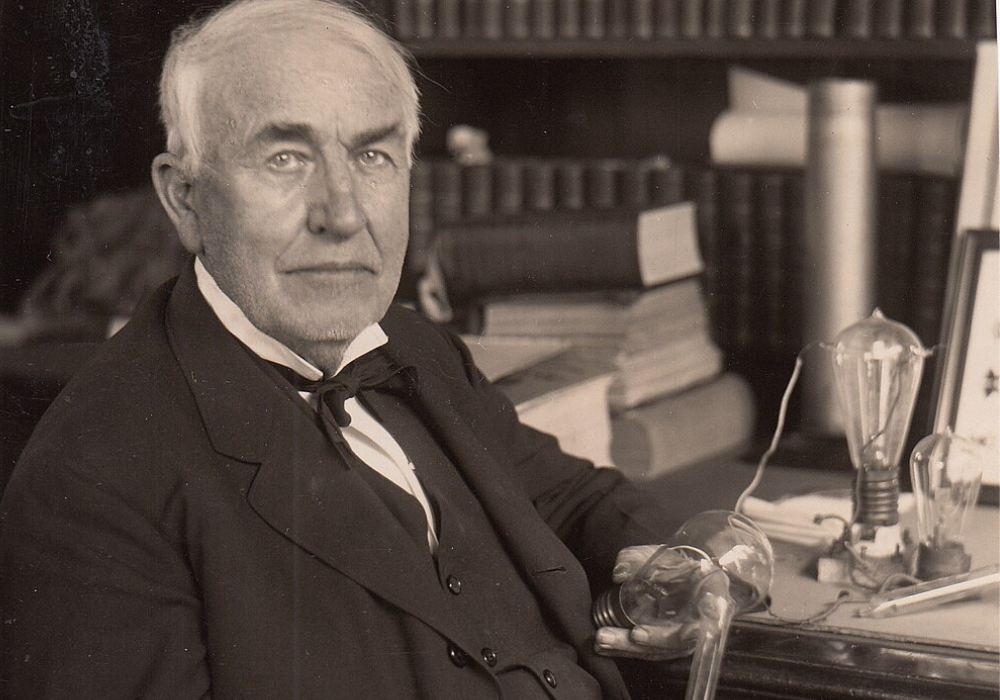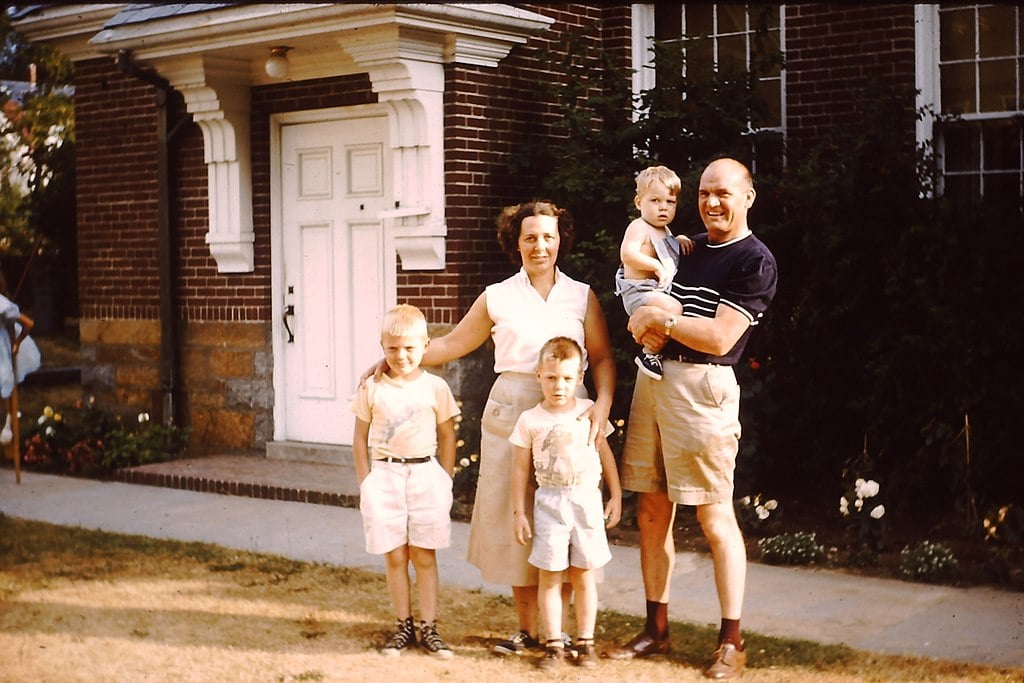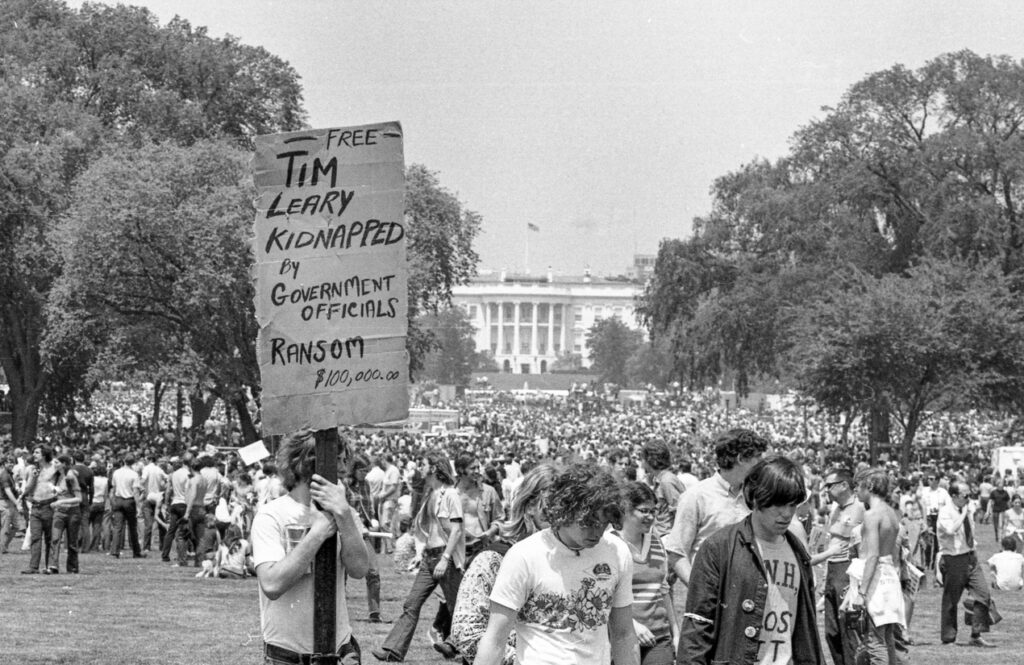The surprising truth about what makes each generation unique—and why it matters now more than ever.

What really defines a generation? Is it the struggles they overcame, the values they embraced, or the way they changed the world? The last ten generations each left their mark in unexpected ways, shaped by the times they lived in and the choices they made.
Some of their stories are inspiring, others surprising, but all of them reveal something about how we got to where we are today. Let’s take a closer look at what sets them apart.
1. The Civil War Generation (1830–1859)

This generation grew up during a time of intense division in the United States, with slavery and states’ rights dominating public discourse. Many lived to witness or participate in the Civil War, a defining event that shaped their values and left a lasting impact on the nation. Their resilience in facing the destruction of war and the challenges of Reconstruction left a legacy of determination and unity against adversity.
Beyond the war, this generation experienced the rapid westward expansion of the U.S., which brought both opportunities and conflicts. The rise of industrialization during their later years introduced new ways of life, changing how people worked and lived. Despite their hardships, they laid the groundwork for a modernizing America.
2. The Progressive Era Generation (1860–1882)

The Progressive Era Generation grew up in a time of transformation, as industrialization and urbanization reshaped society. They were the architects of reform movements, advocating for women’s suffrage, labor rights, and the temperance movement. Their efforts led to significant social and political changes, including the establishment of regulatory laws and the fight against corruption.
This generation was also defined by its embrace of innovation, with inventions like the telephone, electric light, and the automobile beginning to change daily life. Their belief in progress and optimism for the future shaped the cultural and political landscape, leaving a legacy of reform that continues to influence modern society.
3. The Lost Generation (1883–1900)

Born during a period of relative peace, the Lost Generation came of age in the shadow of World War I, which profoundly impacted their worldview. The war’s horrors left many disillusioned, leading to a cultural shift characterized by skepticism and a rejection of traditional values. This generation’s experiences inspired some of the most iconic literature, including works by Ernest Hemingway and F. Scott Fitzgerald.
The Roaring Twenties brought a brief period of excess and liberation, as members of this generation sought to escape the trauma of the war. Jazz, flapper culture, and Prohibition defined their young adulthood, but the Great Depression that followed served as a harsh reminder of life’s fragility.
4. The Greatest Generation (1901–1927)

The Greatest Generation earned their name through their sacrifices during the Great Depression and World War II. They endured years of economic hardship, followed by the global conflict that required unparalleled courage and unity. Their values of hard work, loyalty, and resilience were forged in these trials, setting the tone for post-war prosperity.
This generation also contributed to the rapid expansion of the American middle class after the war, as the G.I. Bill enabled many to pursue education and homeownership. Their contributions to building modern infrastructure and institutions solidified their place as a transformative force in the 20th century.
5. The Silent Generation (1928–1945)

Known for their stoicism and traditional values, the Silent Generation came of age during World War II and its aftermath. They were too young to fight in the war but old enough to witness its impact, including the Cold War tensions that followed. This generation prioritized stability, family, and conformity, reflecting the societal norms of the 1950s.
Despite their reserved nature, members of this generation played a crucial role in the Civil Rights Movement and early feminist movements. Their commitment to duty and quiet perseverance made them pivotal in shaping mid-century progress while maintaining a conservative cultural backdrop.
6. The Baby Boomers (1946–1964)

The Baby Boomers were born into an era of post-war optimism, marked by economic growth and a surge in birth rates. Their youth coincided with transformative cultural and political movements, including the Civil Rights Movement, the Vietnam War protests, and the counterculture of the 1960s. They challenged traditional norms and redefined societal expectations.
As they entered adulthood, Boomers became synonymous with consumerism and the rise of suburban America. Their influence continues to shape politics, business, and culture, making them one of the most impactful generations in modern history.
7. Generation X (1965–1980)

Generation X is often characterized as the “latchkey kids,” growing up in an era of rising divorce rates and dual-income households. They experienced a more independent childhood, shaped by the decline of traditional family structures and the emergence of personal computing.
This generation is known for their pragmatism, skepticism, and adaptability. They came of age during economic turbulence and witnessed the fall of the Berlin Wall, the rise of grunge culture, and the dot-com boom, making them a bridge between analog and digital worlds.
8. Millennials (1981–1996)

Millennials grew up during the rapid rise of the internet and globalization, shaping their worldview as digital natives. They were deeply affected by events like 9/11, the 2008 financial crisis, and the advent of social media, which redefined communication and culture.
This generation is known for valuing purpose-driven work, inclusivity, and technological integration into daily life. Often stereotyped as entitled, they’ve also been credited with pushing for social change, redefining industries, and embracing a more connected global community.
9. Generation Z (1997–2012)

Generation Z is the first generation to grow up entirely in a digital world, with smartphones, social media, and streaming platforms shaping their formative years. They are highly tech-savvy and socially conscious, often at the forefront of movements addressing climate change, mental health, and social justice.
This generation values individuality and authenticity, favoring platforms that allow them to express themselves. Despite their digital focus, they’re also seeking balance by prioritizing experiences and real-world connections, redefining what it means to grow up in the 21st century.
10. Generation Alpha (2013–2025)

Generation Alpha is the youngest generation, born into a world of advanced technology, AI, and rapid societal change. They’re growing up with devices as constant companions, and their education is increasingly digital. This generation is set to be the most formally educated and globally connected in history.
With a focus on sustainability and innovation, Generation Alpha is expected to tackle global challenges with unprecedented tools. Their formative years will shape how they approach the future, but one thing is certain: they’ll inherit a world vastly different from the one their predecessors knew.
